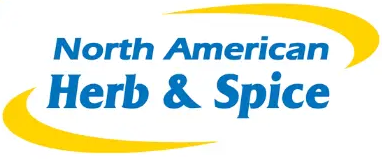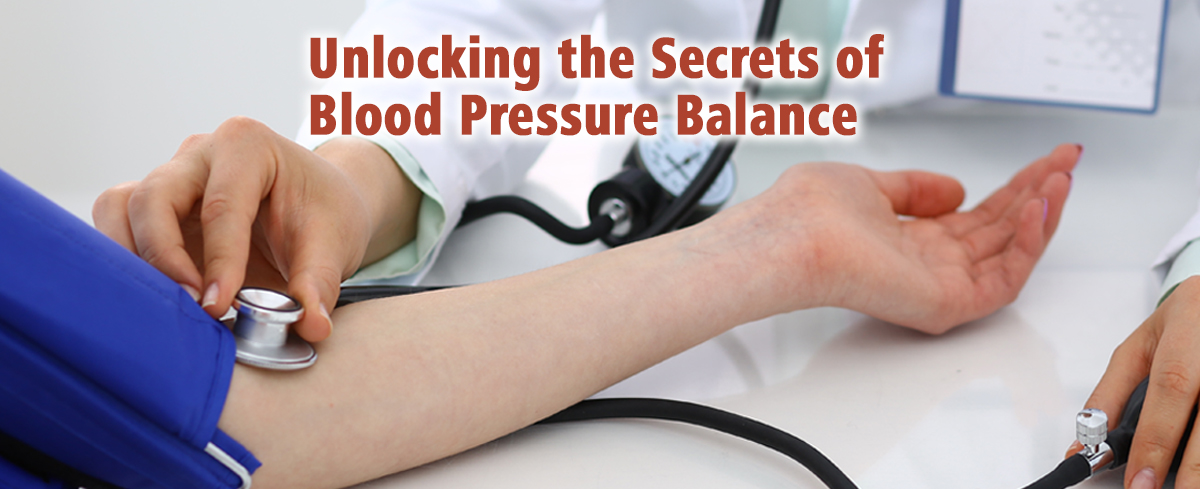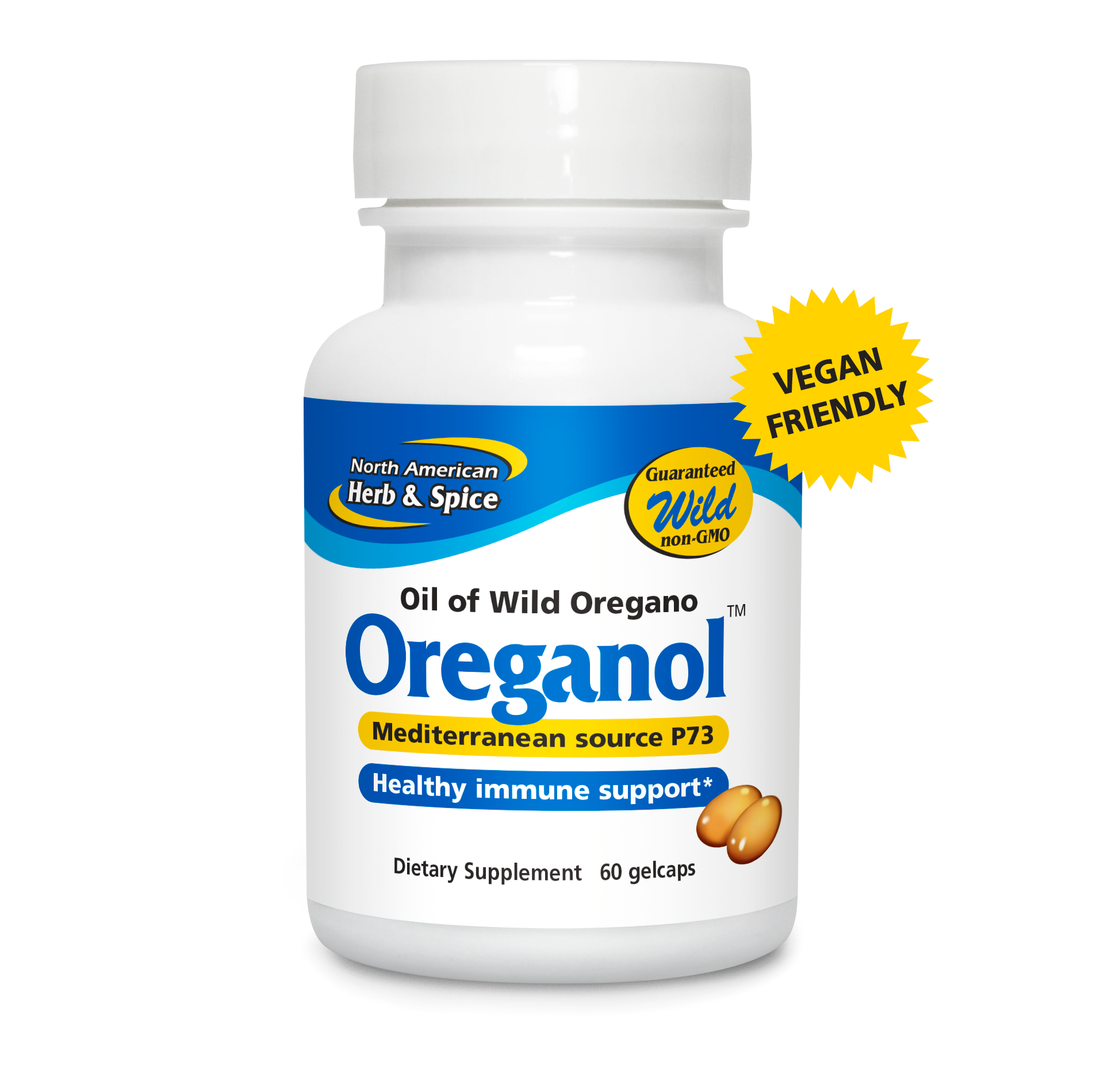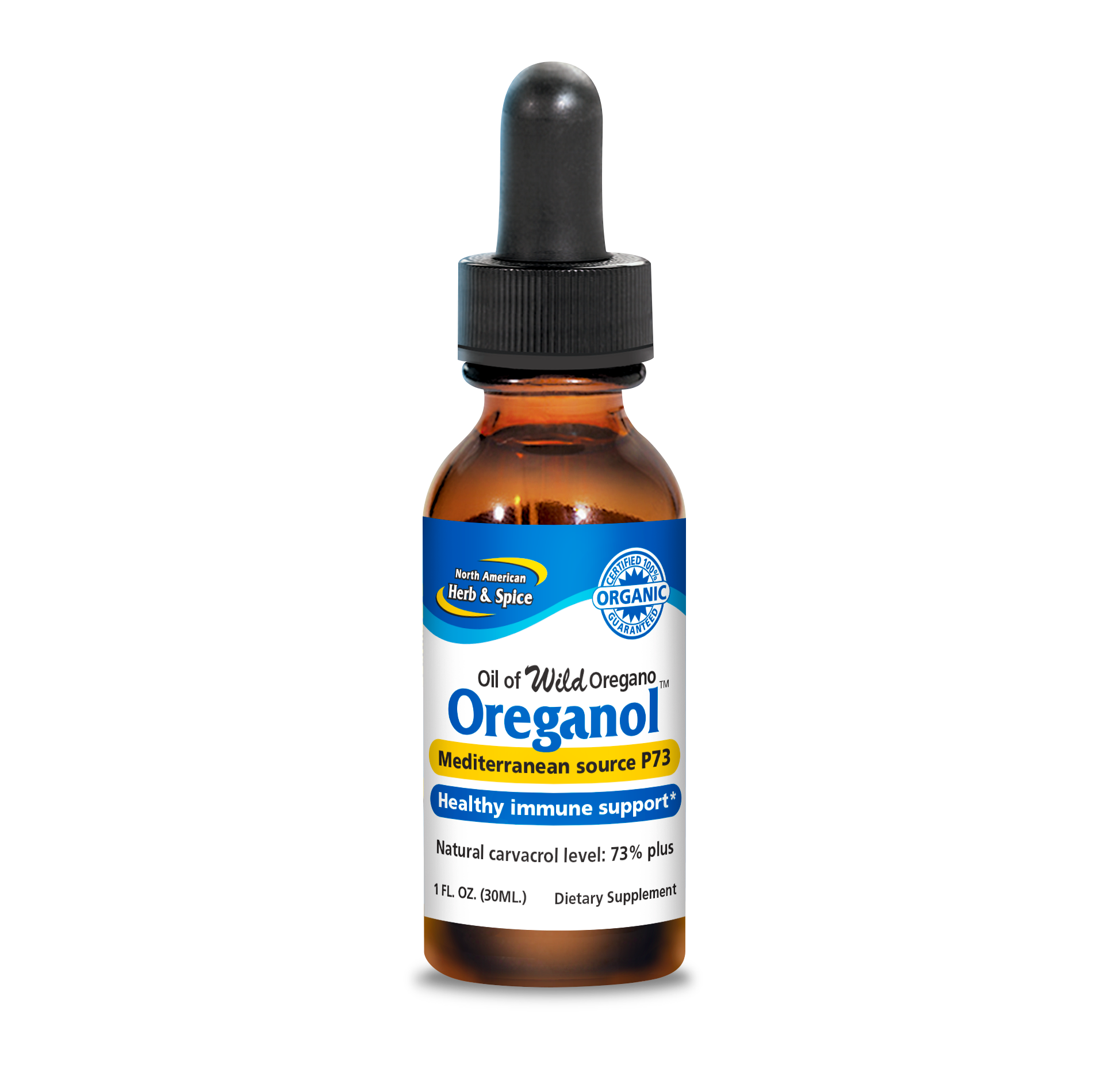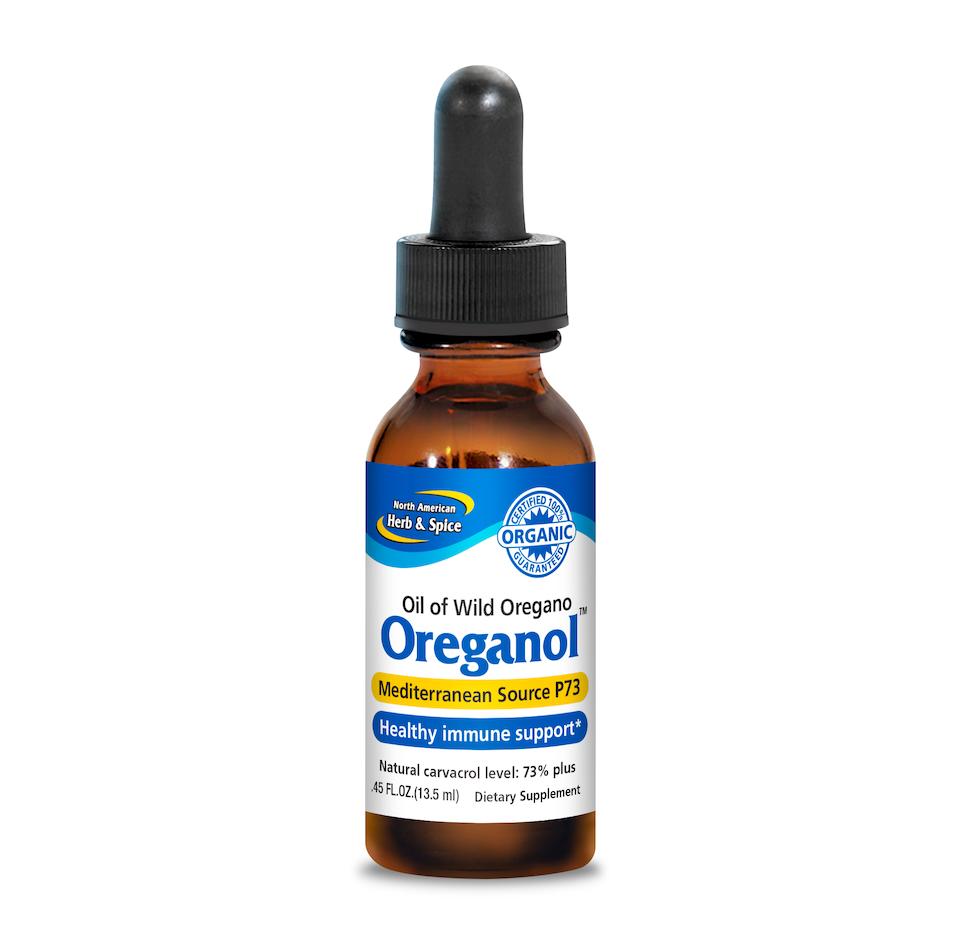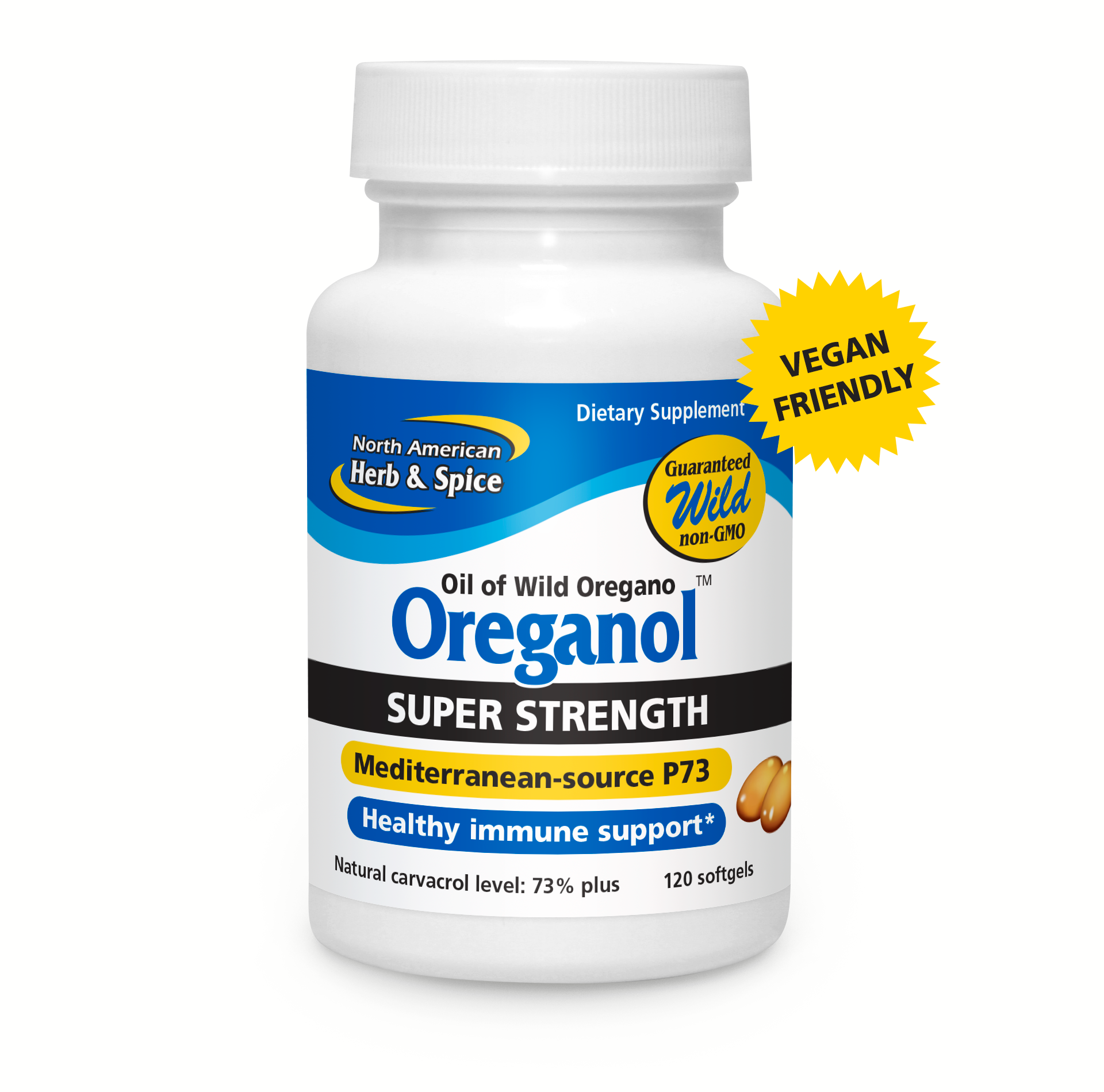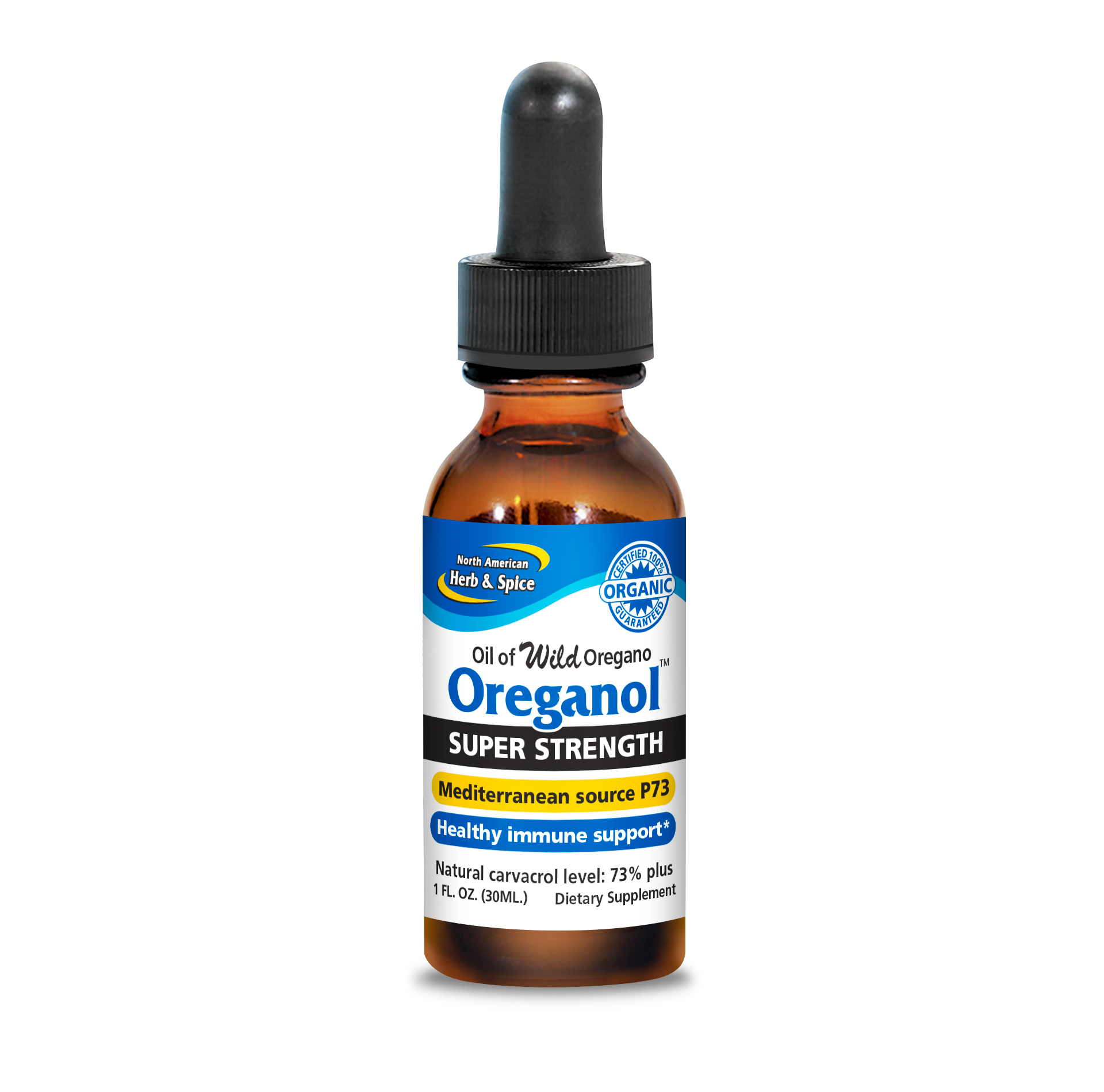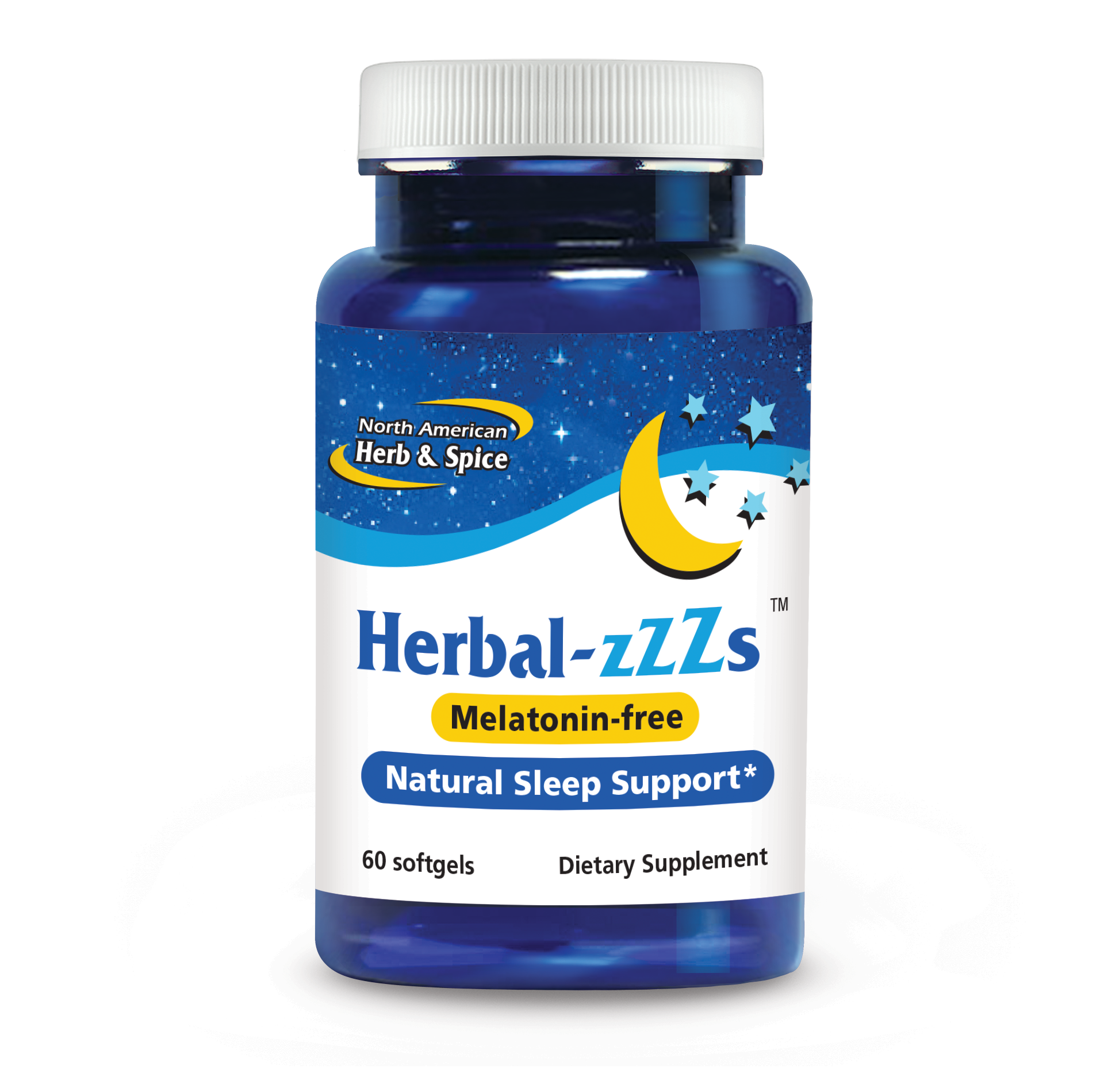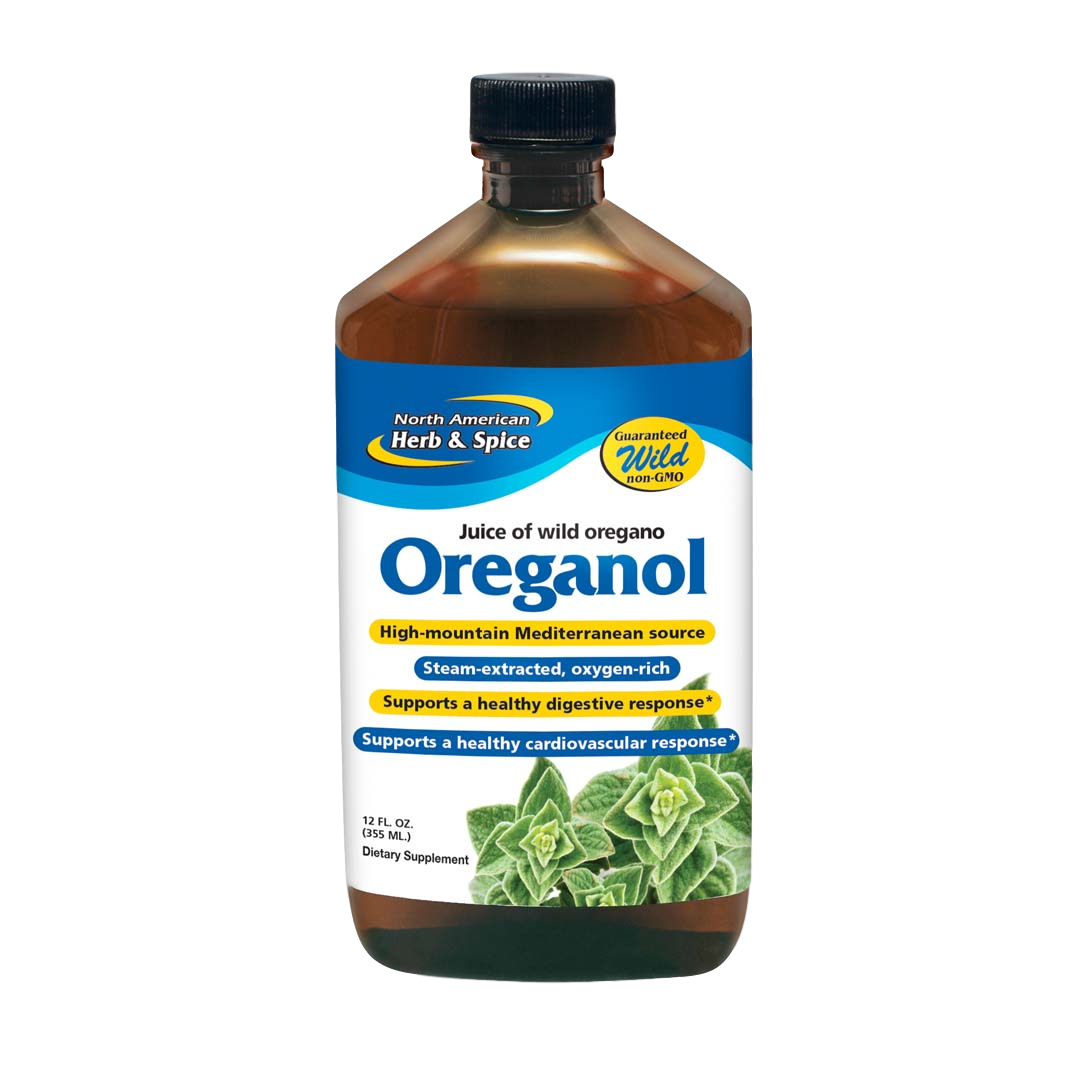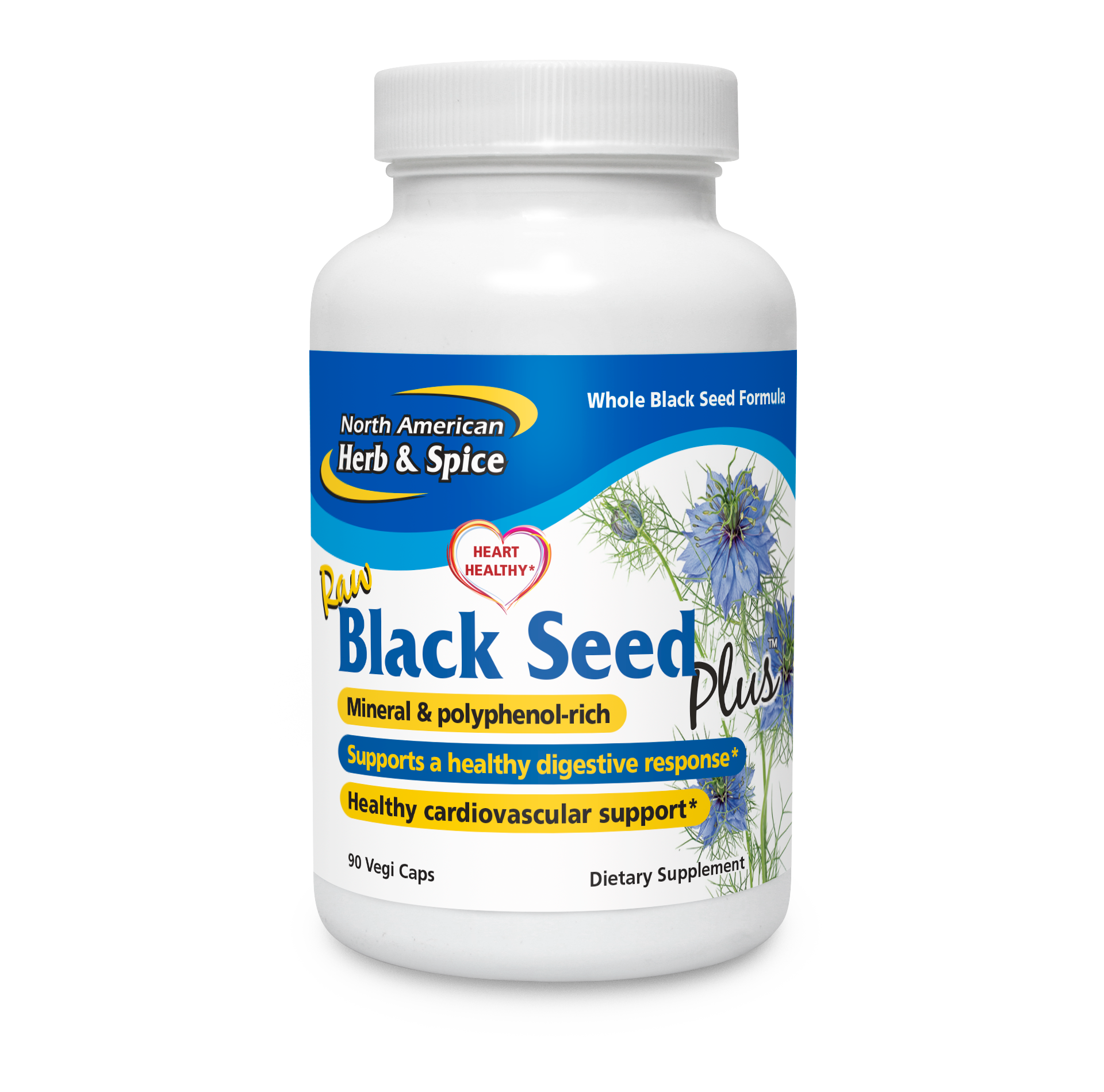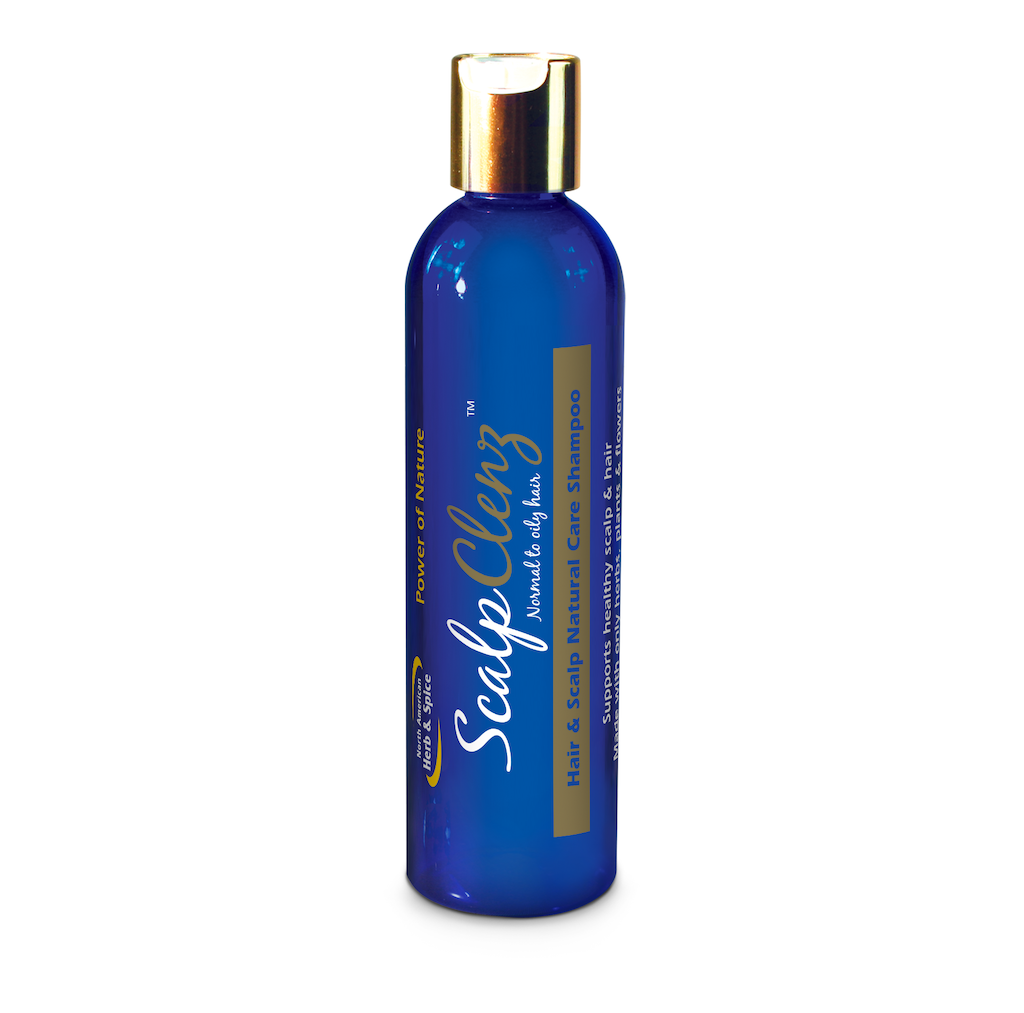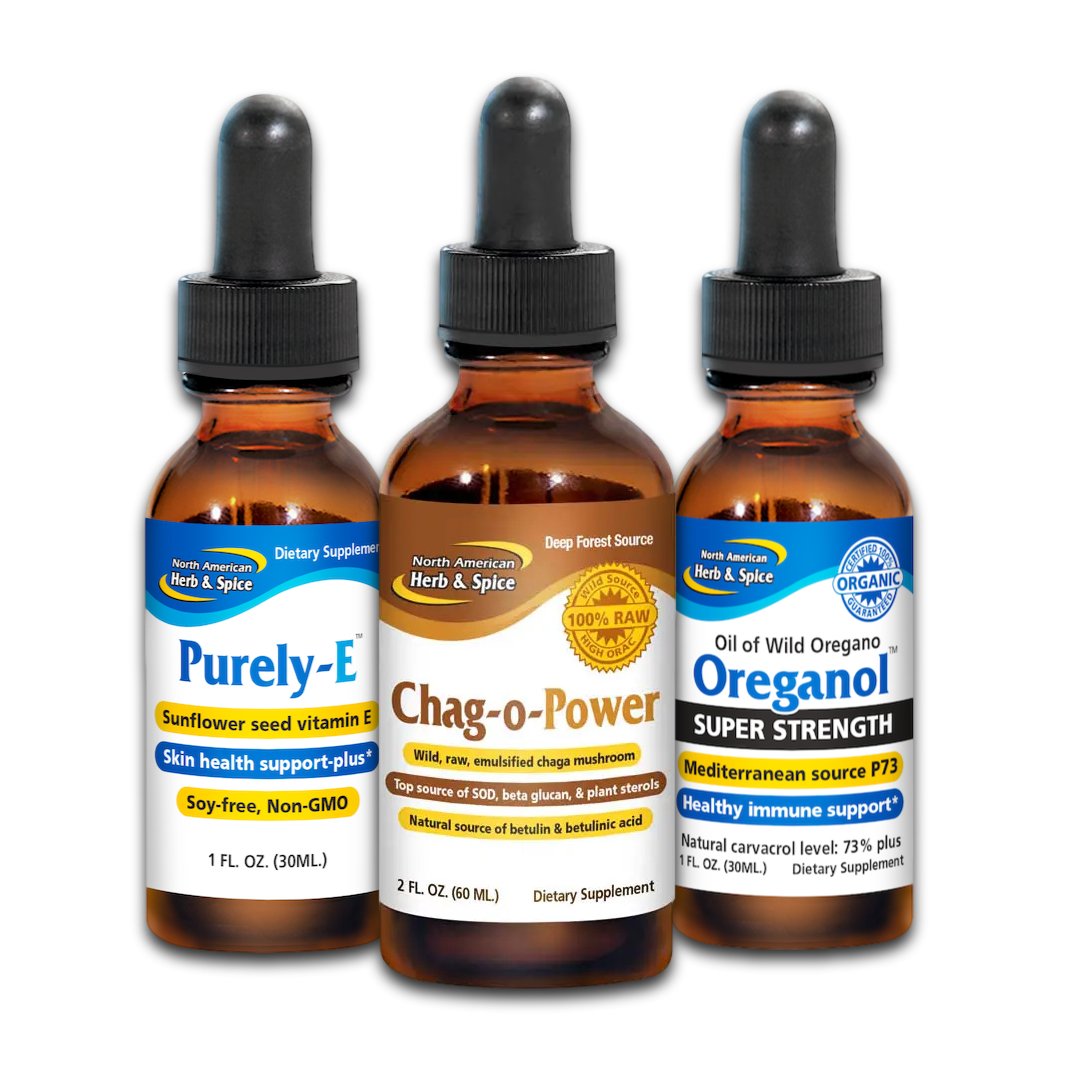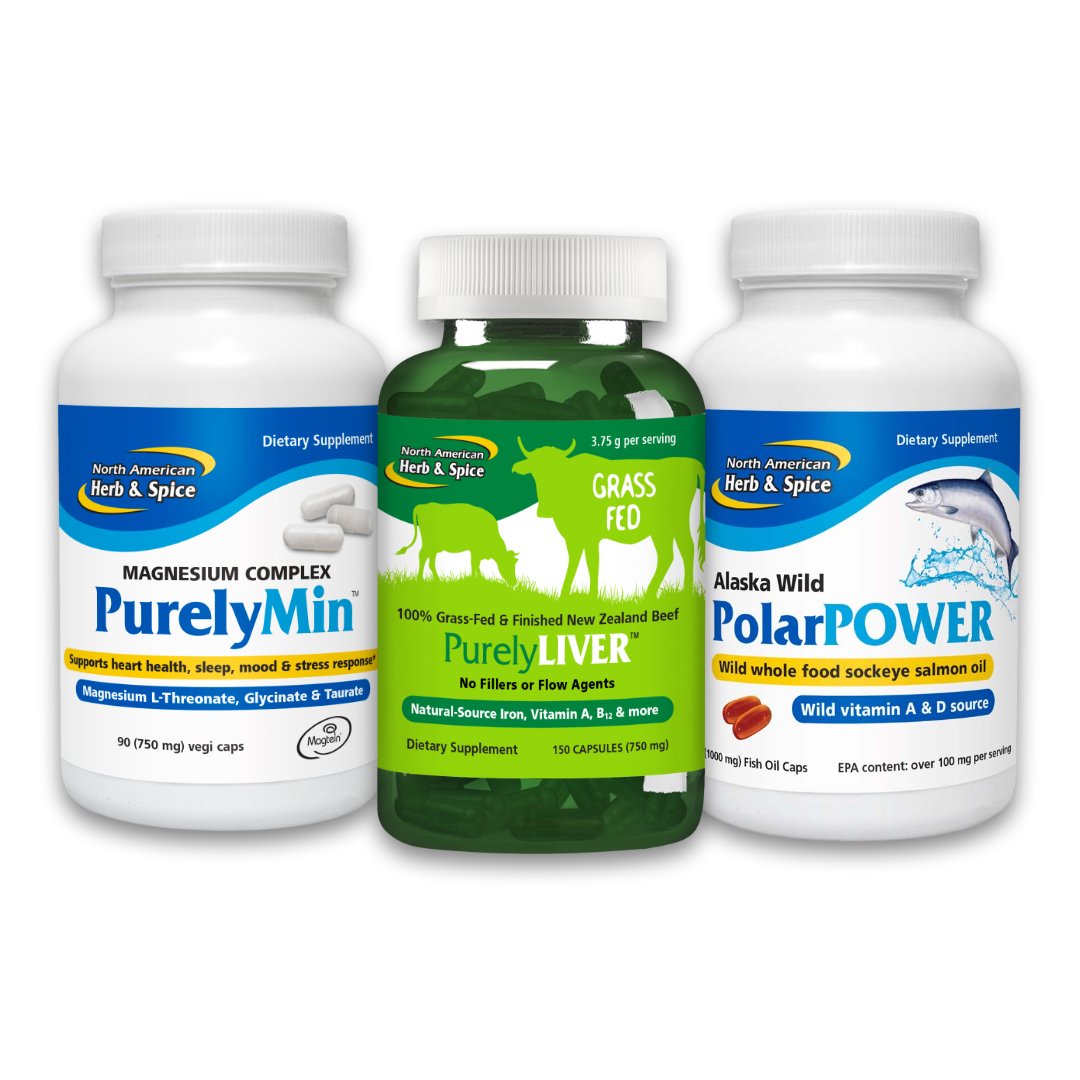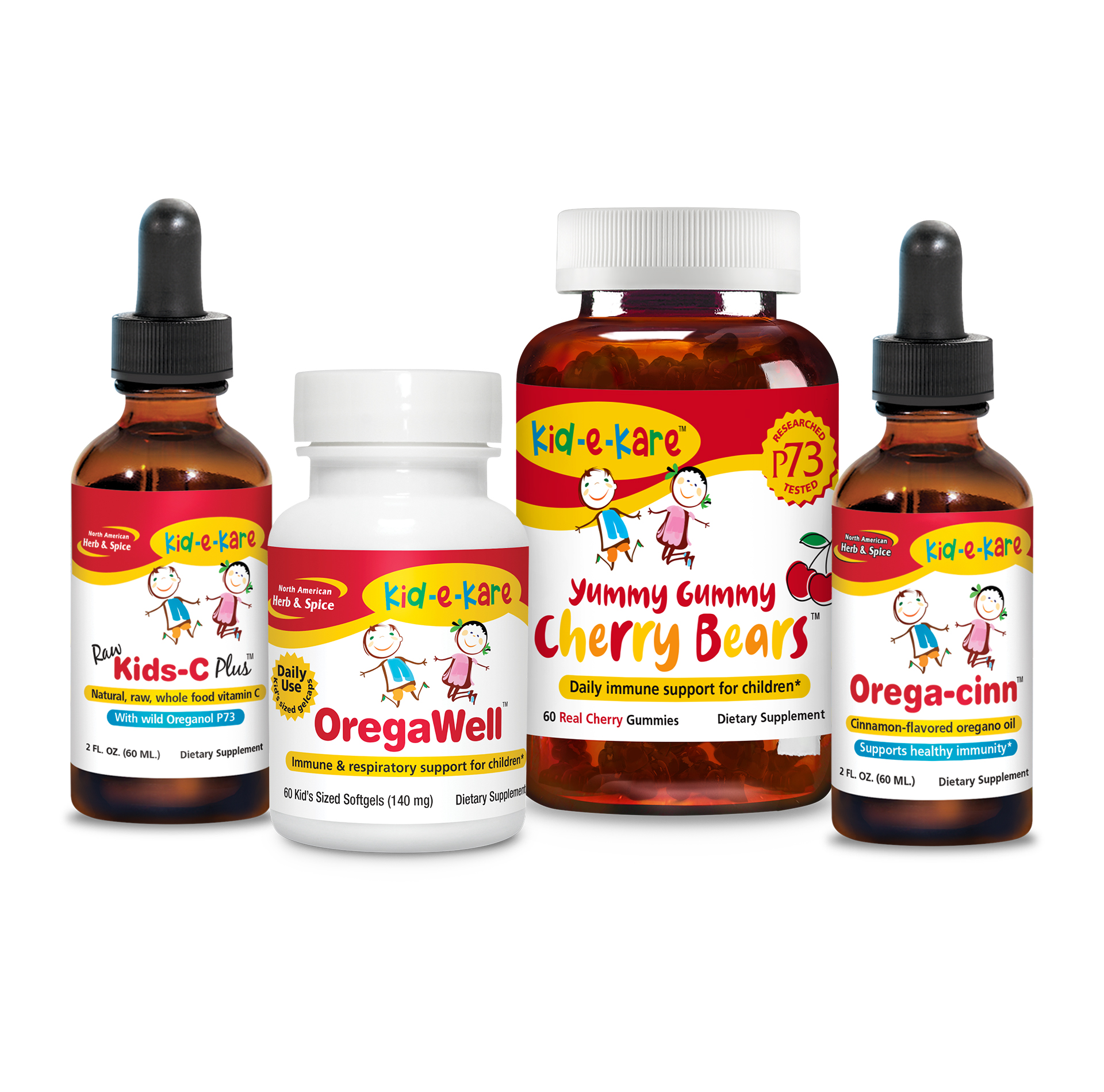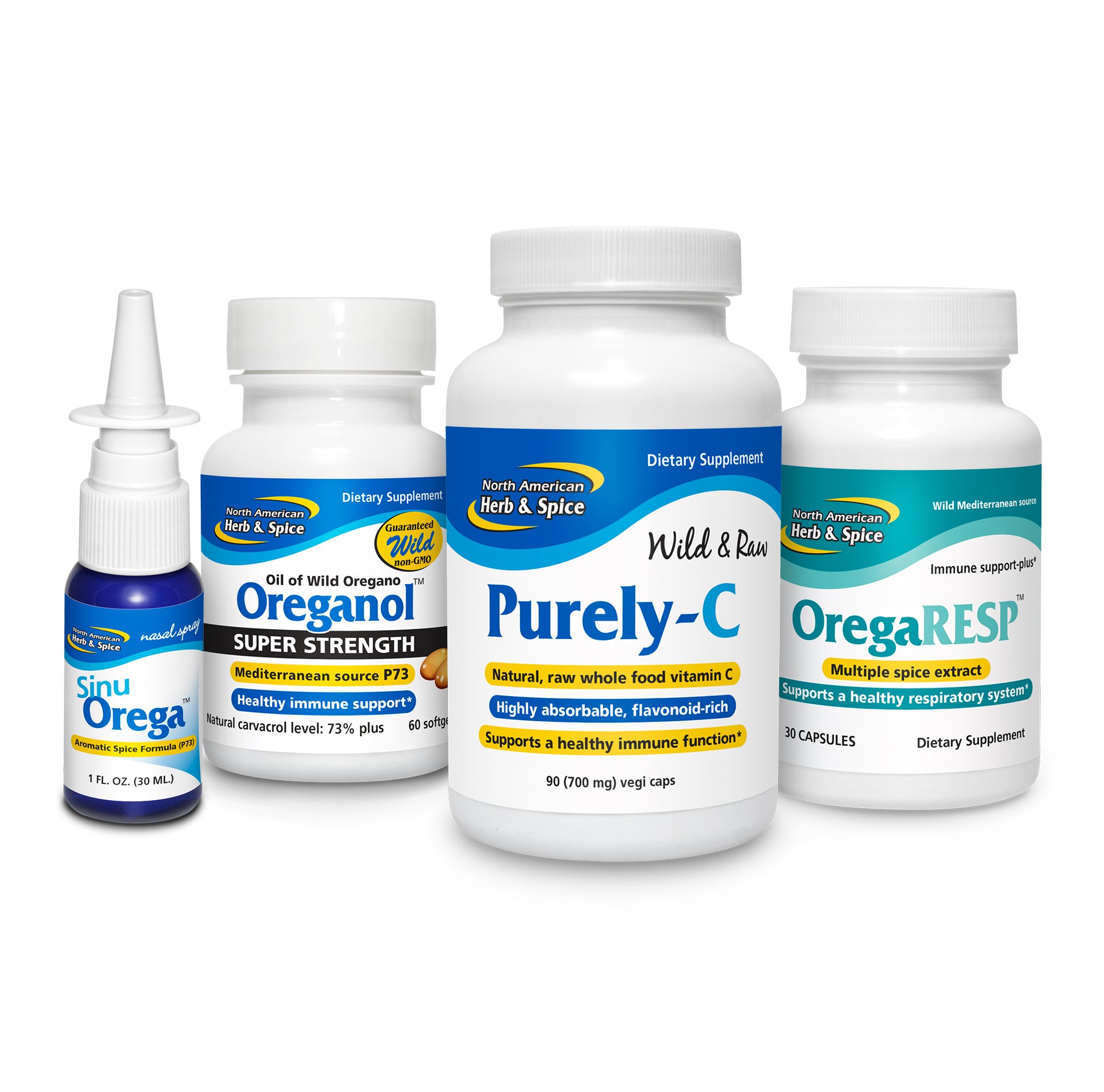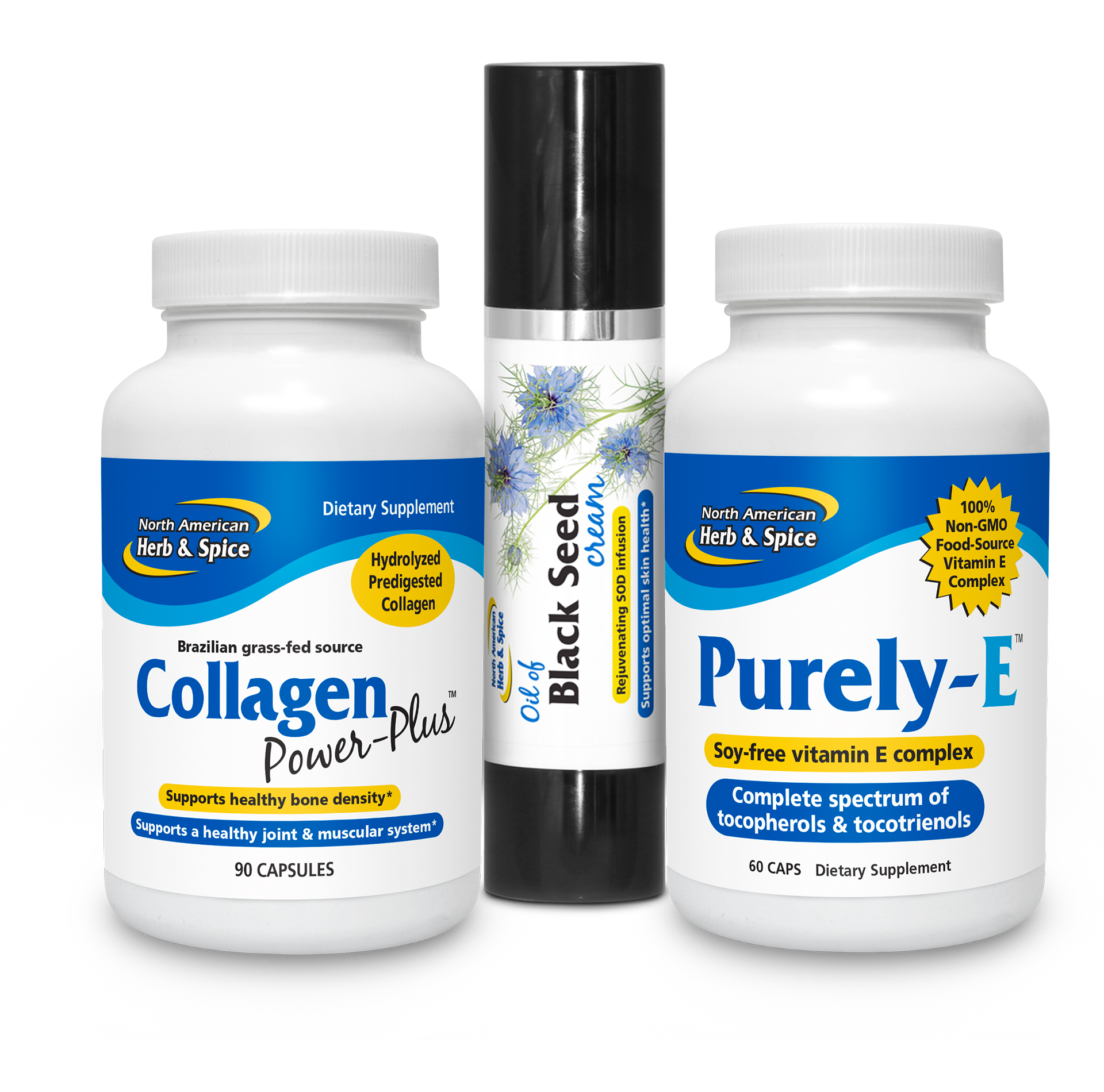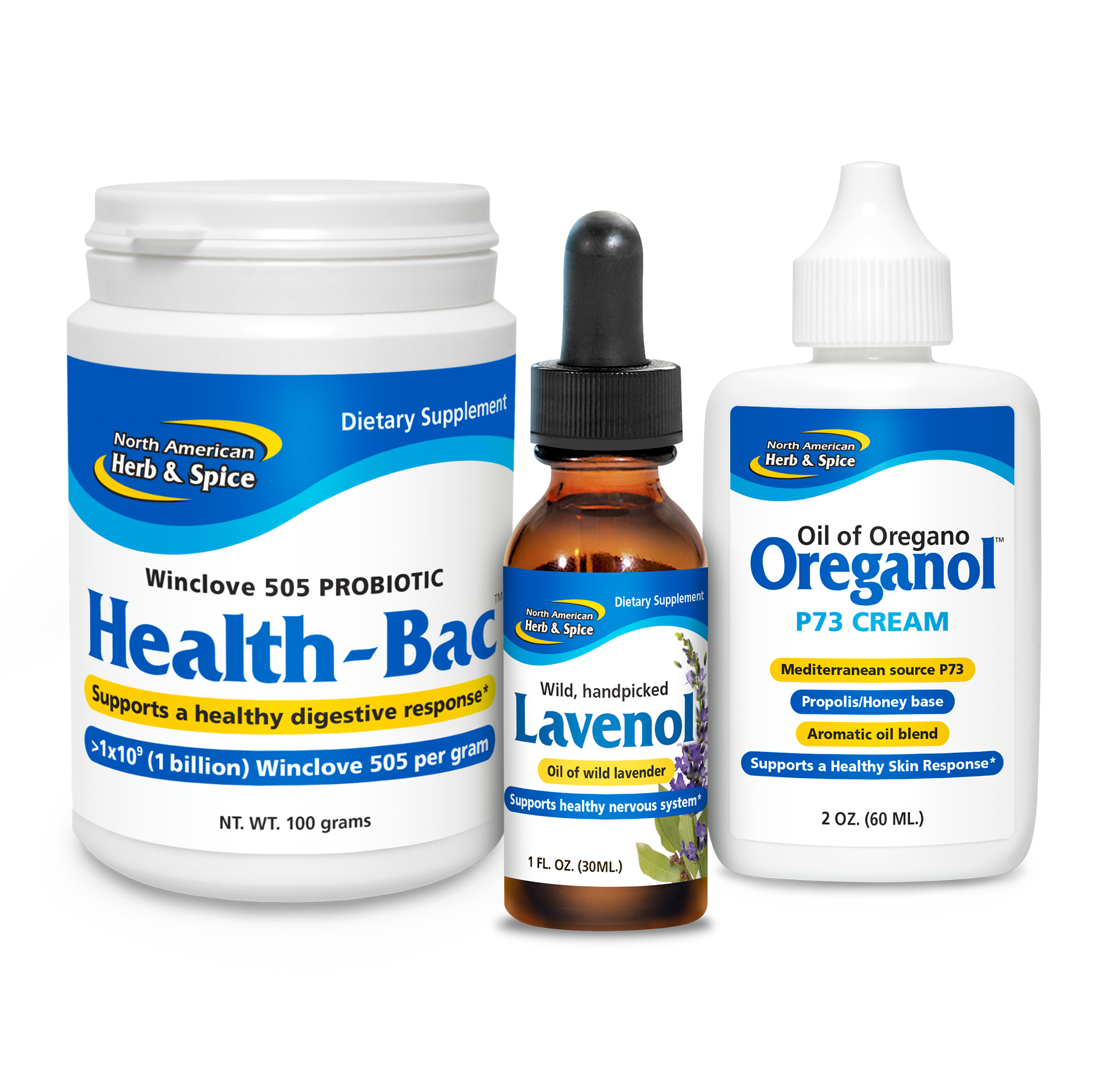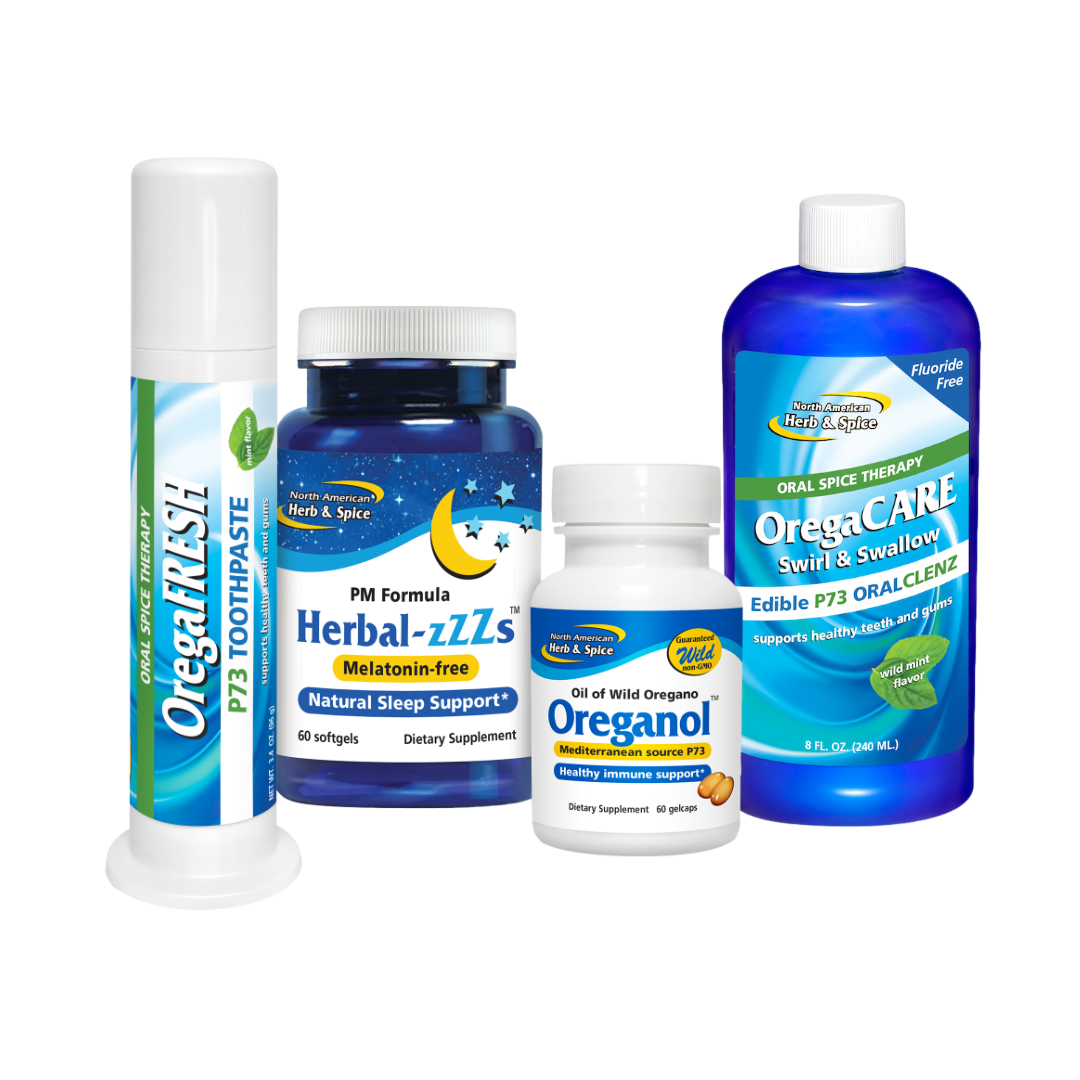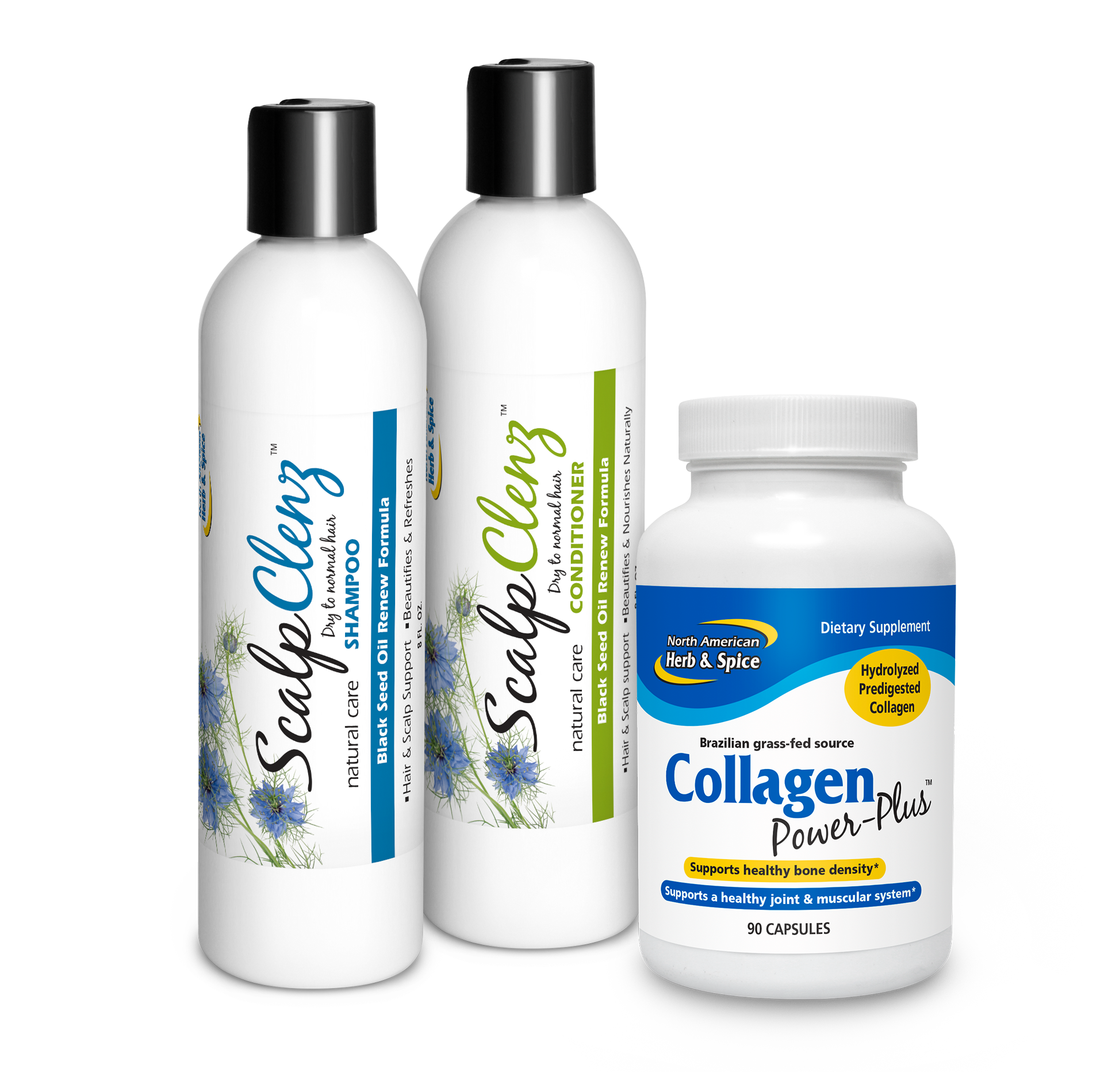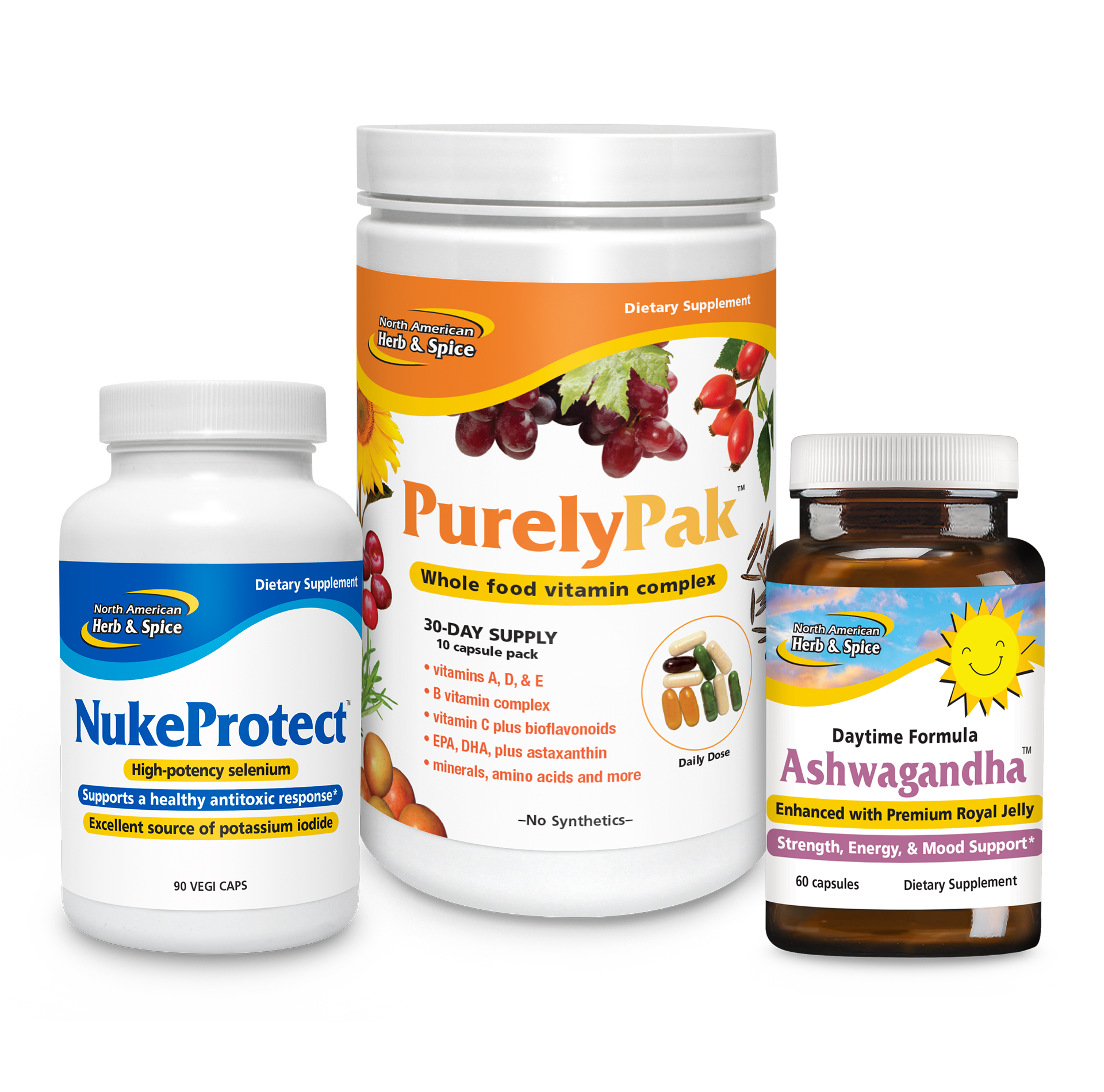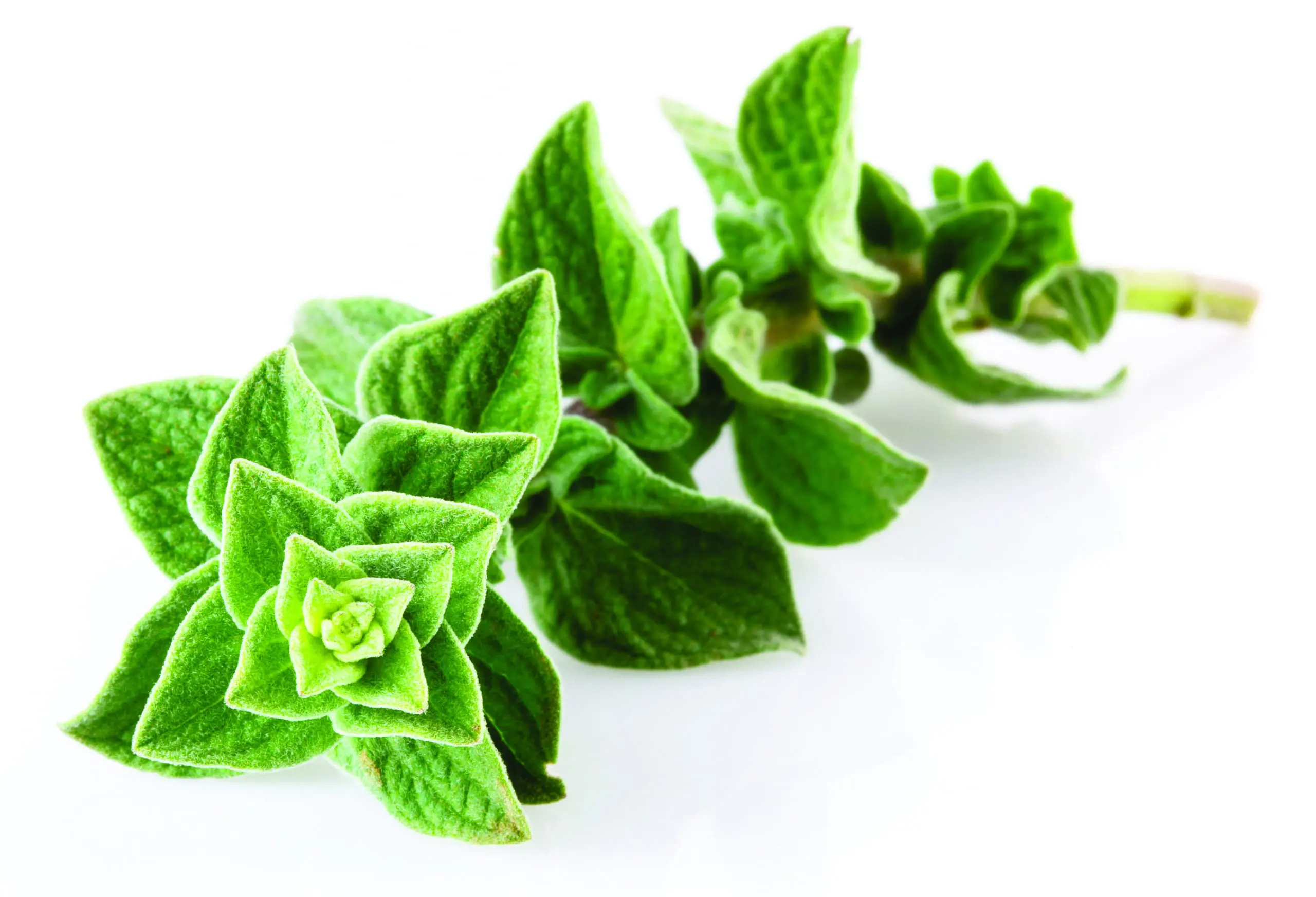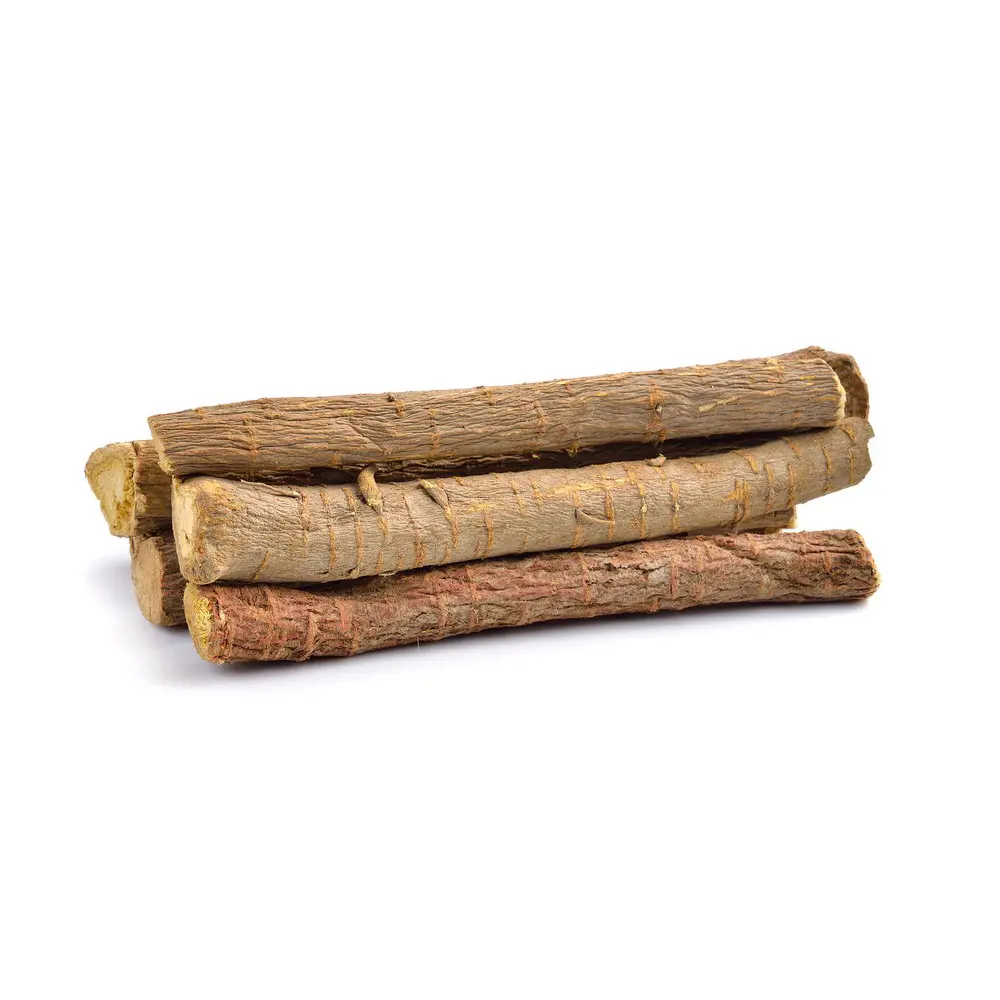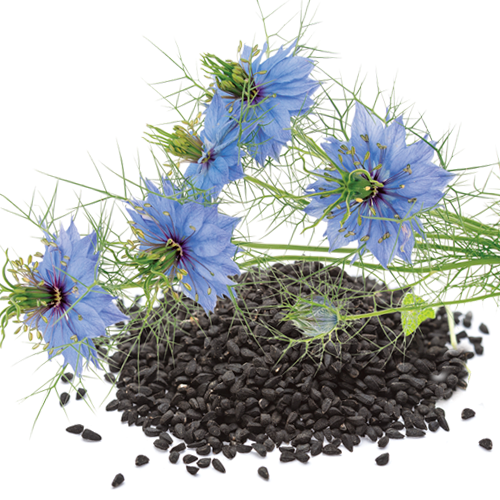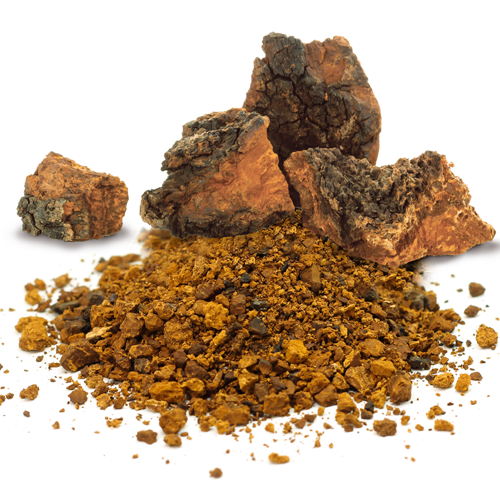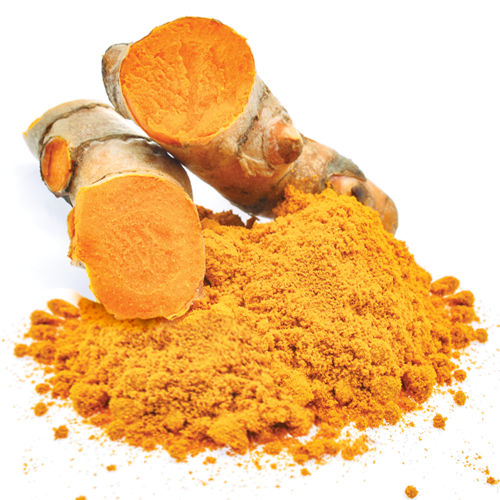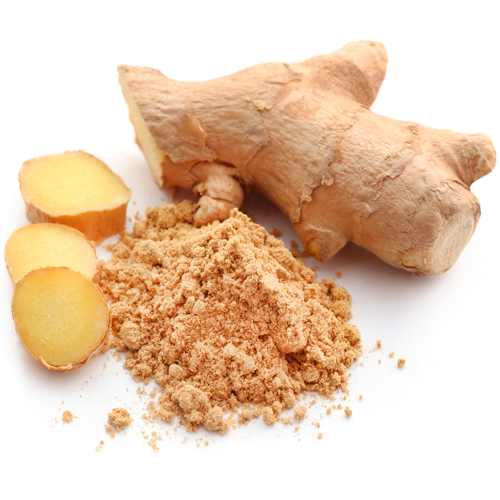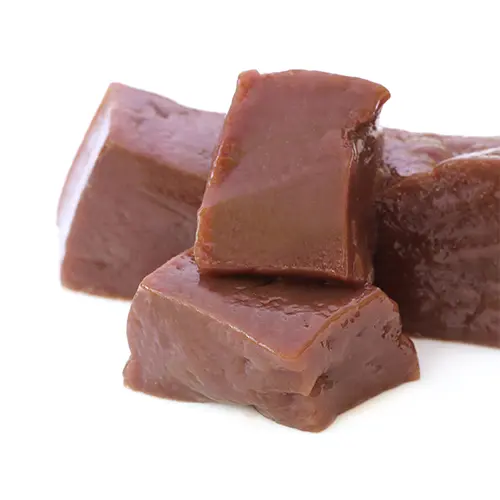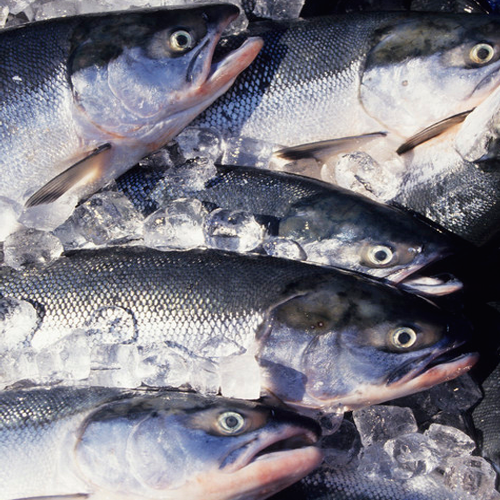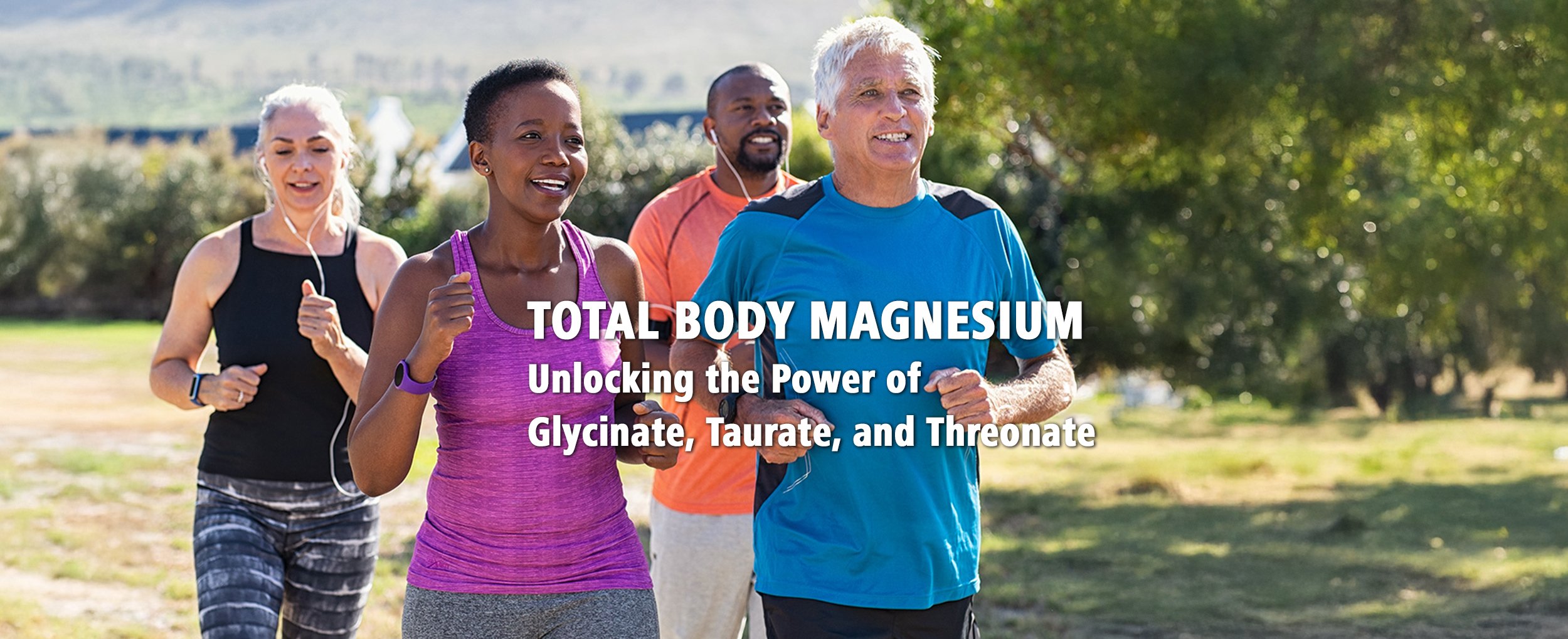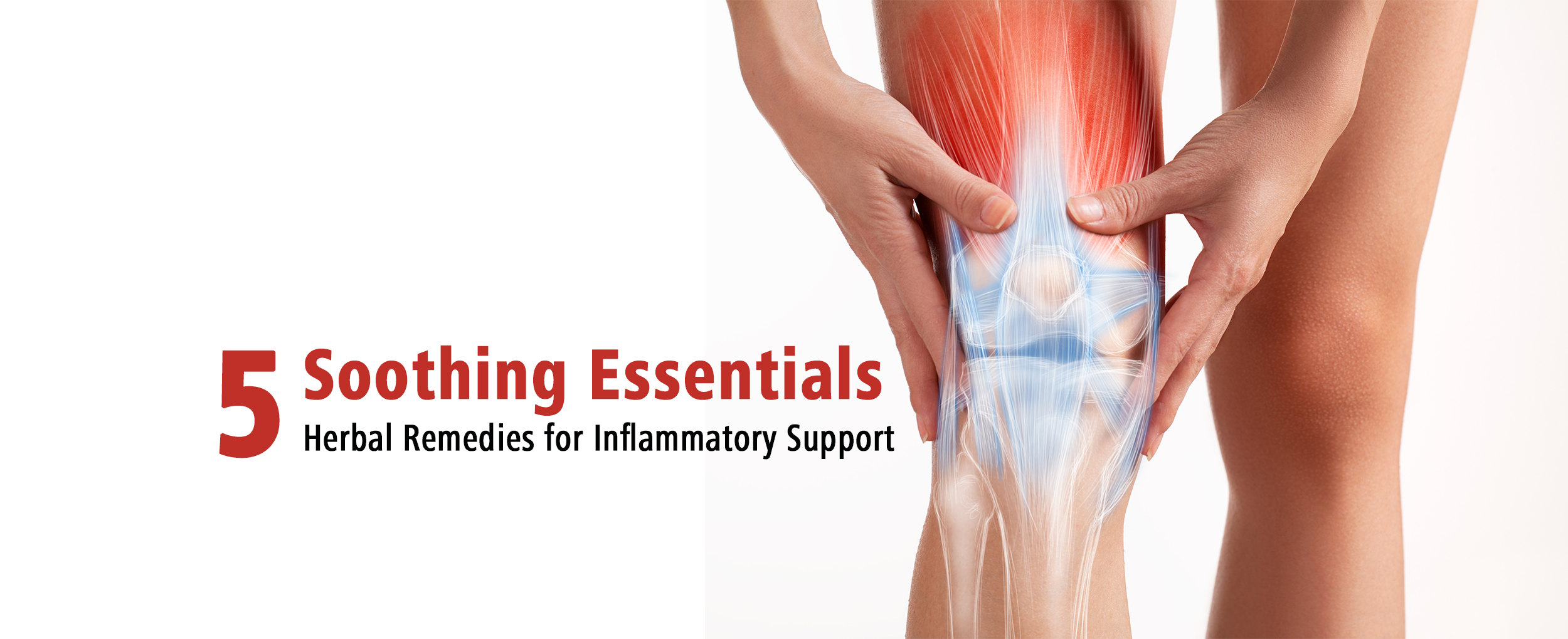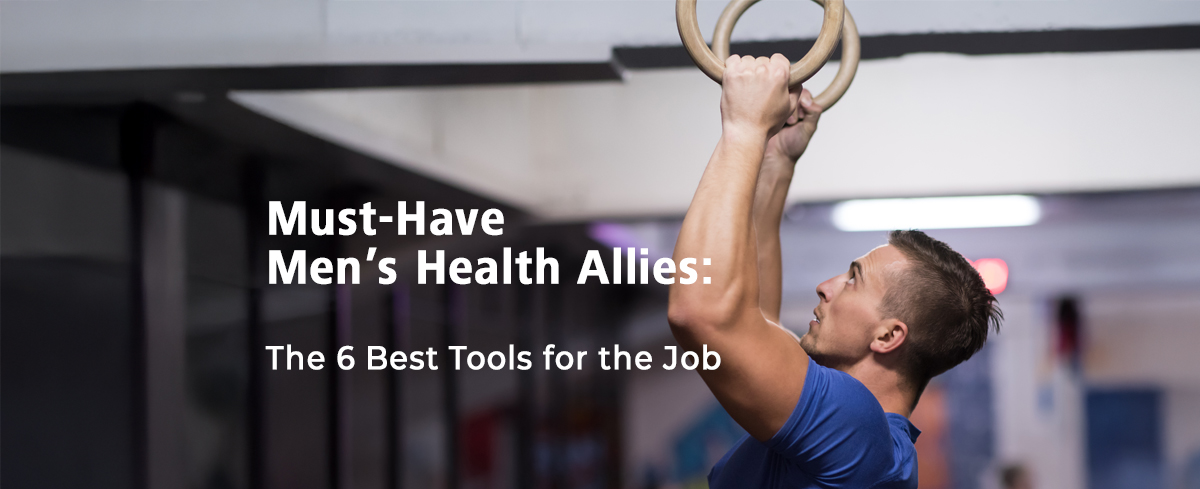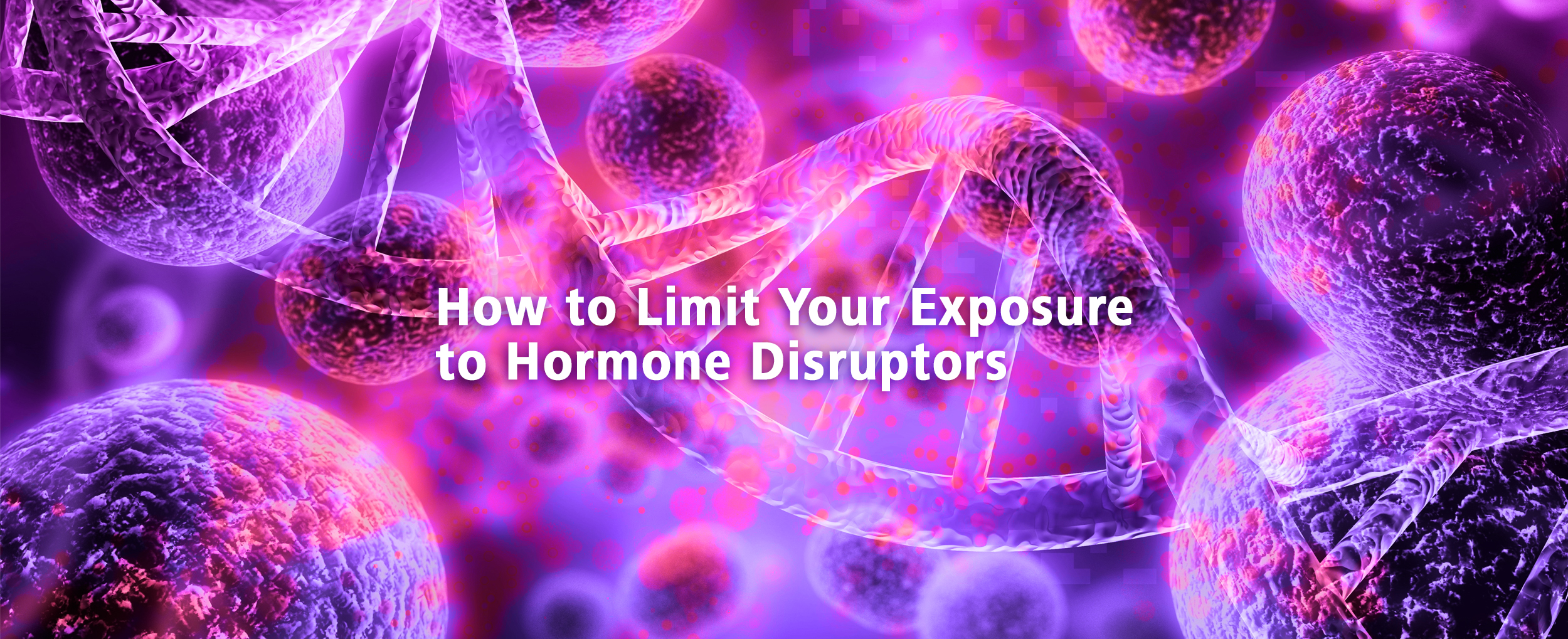High blood pressure, also known as hypertension, is one of the most widespread health conditions in the United States, affecting nearly half of all adults. According to the CDC, over 122 million Americans have high blood pressure, yet only about 1 in 4 have it under control. Left unchecked, it increases your risk of heart attack, stroke, kidney disease, and cognitive decline.
Here's the good news: for many people, natural lifestyle and dietary changes can significantly improve blood pressure numbers, without unwanted side effects.
Let’s explore some research-driven strategies you can start using today!

It's Not Just About Salt, It's About Potassium
For decades, we’ve been told to “cut sodium” to control blood pressure. While reducing excessive salt intake can help, especially for salt-sensitive individuals, increasing your potassium intake may be even more powerful.
According to a major review published in the New England Journal of Medicine, higher dietary potassium was associated with significantly lower systolic and diastolic blood pressure, often more so than reducing sodium alone. Potassium helps your body excrete sodium, relax blood vessel walls, and regulate heartbeat.
Best Potassium-Rich Foods:
- Avocados
- Bananas
- Sweet potatoes
- Spinach
- Lentils
- Coconut water
- Beet greens
The average American consumes only ~2,500 mg/day, far below the recommended baseline of 3,400 mg (men) and 2,600 mg (women)! Increasing your intake through whole foods can shift the sodium-to-potassium ratio in your favor, one of the strongest predictors of cardiovascular health.
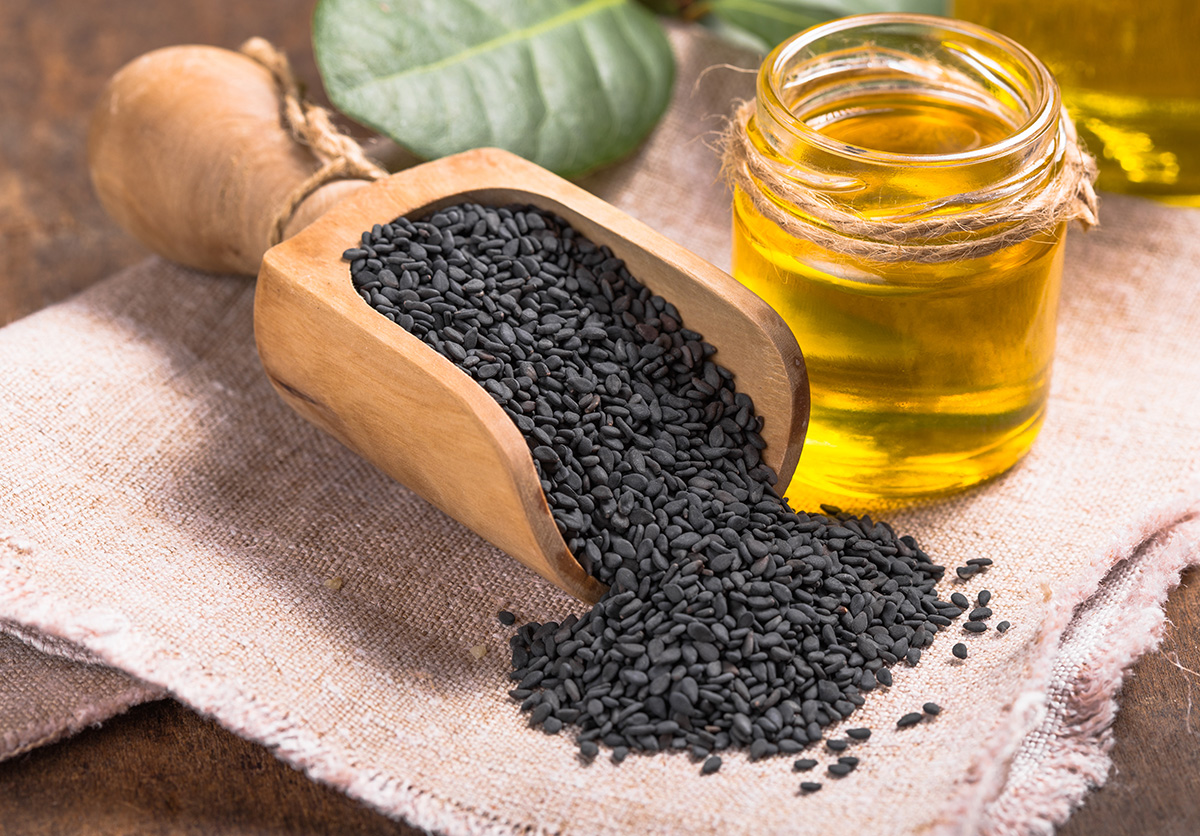
Black Seed Oil: The Ancient Heart Tonic
Black seed oil (Nigella sativa) has been used for centuries in traditional medicine, but modern science confirms its cardiovascular benefits.
In 2024, a meta-analysis study demonstrated through multiple studies done across the last decade that participants taking 2.5 mL of black seed oil daily for 8 weeks showed a significant drop in both systolic and diastolic blood pressure. Researchers believe this effect is due to thymoquinone, a powerful antioxidant and inflammation-soothing compound that supports vascular function and nitric oxide production.
✅ Bonus: Black seed oil also supports cholesterol balance and blood sugar metabolism, both are important for long-term cardiovascular health.
Magnesium: The Mineral Most People Miss
Magnesium plays a crucial role in over 600 enzymatic reactions, including those that control blood vessel dilation and nerve signaling!
Sadly, an estimated 60% of Americans still don’t get enough. Magnesium deficiency has been directly linked to elevated blood pressure, especially in people with insulin resistance or stress-related hypertension.
Research Highlights:
- A meta-analysis of 34 clinical trials found that daily magnesium supplementation (300–400 mg) led to modest but consistent reductions in blood pressure.
- Magnesium works by relaxing smooth muscle in arterial walls, improving insulin sensitivity, and lowering inflammation.
Top forms include magnesium glycinate, threonate, and taurate, each with unique benefits for cardiovascular and neurological health.

Vitamin E: Antioxidant Support for Arterial Health
Vitamin E, particularly in its full-spectrum tocopherol and tocotrienol forms, helps protect blood vessels from oxidative stress and lipid peroxidation, two key factors in arterial stiffness.
Studies show that vitamin E may:
- Reduce systolic blood pressure in people with metabolic syndrome
- Improve endothelial function (how well your blood vessels dilate)
- Support the integrity of red blood cells and capillaries
While mega-doses aren’t recommended, natural, whole-food-based vitamin E from sunflower seeds, almonds, or high-quality supplements may support optimal cardiovascular function.
Move More: The Right Exercise for Blood Pressure
You don’t need to become a marathon runner to support healthy blood pressure. Research shows that moderate, consistent movement is often more effective than intense bursts.
Best Forms of Exercise:
|
Type |
Example |
Benefit |
|
Brisk walking |
30 minutes/day |
Can reduce systolic BP by 5–11 points |
|
Isometric exercises |
Wall sits, handgrip holds |
Surprisingly effective at reducing BP with minimal strain |
|
Stretching & mobility |
Yoga, tai chi, daily stretches |
Supports parasympathetic tone (stress reduction) |
|
Strength training |
2–3x/week with moderate weights |
Enhances vascular flexibility and insulin sensitivity |
A 2023 meta-analysis in JAMA found that isometric exercise (like wall sits) was more effective at lowering blood pressure than cardio alone. Combining aerobic + strength + mobility offers the best long-term results.
NAHS Premium Products of Support
Best Potassium Sources
Purely Zinc Austrian Pumpkin Seed Powder- Take at least two tablespoons daily in juice, milk, or smoothies. Mix in hot or cold cereal, soup, and entrees. Add to most any recipe to increase nutritional value. Also offers Vitamin C, Zinc, Magnesium, Protein, B vitamins, and more!
PomaMax- Pomegranates are naturally rich in potassium and heart-healthy antioxidants. This is the only truly Mountain-grown Mediterranean-source pomegranate syrup available. Delicious to the extreme, use it to support a healthy cardiovascular system.
Turkish Black Seed Oil
With more than 30 years of excellence in the natural product industry, NAHS has been offering premium quality extra virgin cold pressed Turkish Black Seed oil since the mid-1990s!
Premium Magnesium
North American Herb & Spice offers the top 3 forms, Glycinate, Threonate, & Taurate, in one easy-to-take product, Purely Min 3X Magnesium Complex. This formula is light years ahead of most magnesium supplements, in our opinion! For added value, it also has the ingredient L-Theanine, which is the amino acid that supports mood, concentration, and sleep.
Superfood Vitamin E
Once again, NAHS sets the bar high for innovation and quality in the vitamin space by offering a truly wholefood full spectrum Vitamin E product, called Purely E. These are readily available as soft gels or drops.

A Daily Blueprint
Here’s what a natural blood pressure-balancing day might look like:
- Morning: Stretch or walk for 20–30 minutes
- Meals: Emphasize potassium-rich veggies, leafy greens, avocado, and lentils
- Supplements: Black seed oil (1 tsp), Magnesium glycinate/taurate/threonate (300–400 mg), Natural vitamin E (1-2 softgels), Pomegranate syrup (1 Tbsp), Pumpkin seed powder, (2 Tbsp)
- Hydration: Coconut water or beet juice for added potassium
- Evening: Gentle stretching or yoga, and lower-sodium dinner
Final Thoughts
High blood pressure doesn’t have to be a lifelong sentence or a pharmaceutical-only journey. With the right combination of nutrients, herbs, movement, and hydration, your body has the tools it needs to return to balance!
Focus on adding the good (like potassium, magnesium, and black seed oil), not just restricting the bad. Let this information empower you to action, one healthy step at a time.
References and Study Links:
High Blood Pressure Statistics
- Centers for Disease Control and Prevention (CDC).
High Blood Pressure Facts.
https://www.cdc.gov/bloodpressure/facts.html
Potassium vs. Sodium and Blood Pressure
- Mente, A. et al. (2014).
Urinary sodium and potassium excretion, mortality, and cardiovascular events.
New England Journal of Medicine, 371(7), 612–623.
DOI: 10.1056/NEJMoa1311889 - Whelton, P.K. et al. (1997).
Effects of oral potassium on blood pressure: meta-analysis of randomized controlled clinical trials.
JAMA, 277(20), 1624–1632.
https://pubmed.ncbi.nlm.nih.gov/9168294
Black Seed Oil (Nigella sativa)
- Dehkordi, F. R., & Kamkhah, A. F. (2008).
Antihypertensive effect of Nigella sativa seed extract in patients with mild hypertension.
Fundamental & Clinical Pharmacology, 22(4), 447–452.
DOI: 10.1111/j.1472-8206.2008.00600.x - Khodami M, Ebrahimzadeh A, Mohseni S, Milajerdi AR. (2024) The Effect of Nigella Sativa on Lipid Profile, Fasting Blood Sugar and Blood Pressure of Patients: A Meta-Analysis Systematic Review. Int J Nutr Sci. doi: 10.30476/ijns.2024.101014.1287
Magnesium and Blood Pressure
- Zhang, X. et al. (2016).
Effects of magnesium supplementation on blood pressure: a meta-analysis of randomized double-blind placebo-controlled trials.
Hypertension, 68(2), 324–333.
DOI: 10.1161/HYPERTENSIONAHA.116.07664
Vitamin E and Cardiovascular Health
- Heitzer et al. (1999): Effect of vitamin E on endothelial vasodilator function in patients with hypercholesterolemia, chronic smoking, or both, J Am Coll Cardiol, 1999;33(2):499–505.
Exercise and Blood Pressure
- Cornelissen, V.A. & Smart, N.A. (2013).
Exercise training for blood pressure: a systematic review and meta-analysis.
Journal of the American Heart Association, 2(1), e004473.
DOI: 10.1161/JAHA.112.004473
- Loaiza‑Betancur, A. F., & Chulvi‑Medrano, I. (2020). Is low‑intensity isometric handgrip exercise an efficient alternative in lifestyle blood pressure management? A systematic review. Sports Health, 12(5), 470–477.
DOI: 10.1177/1941738120943882
*"These statements have not been evaluated by the Food and Drug Administration. NAHS products are not intended to diagnose, treat, cure, or prevent any disease."
